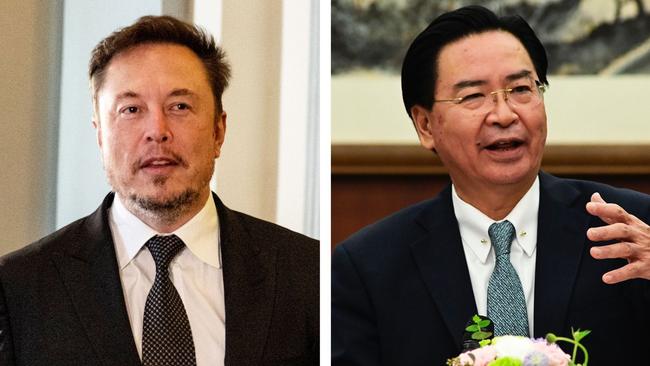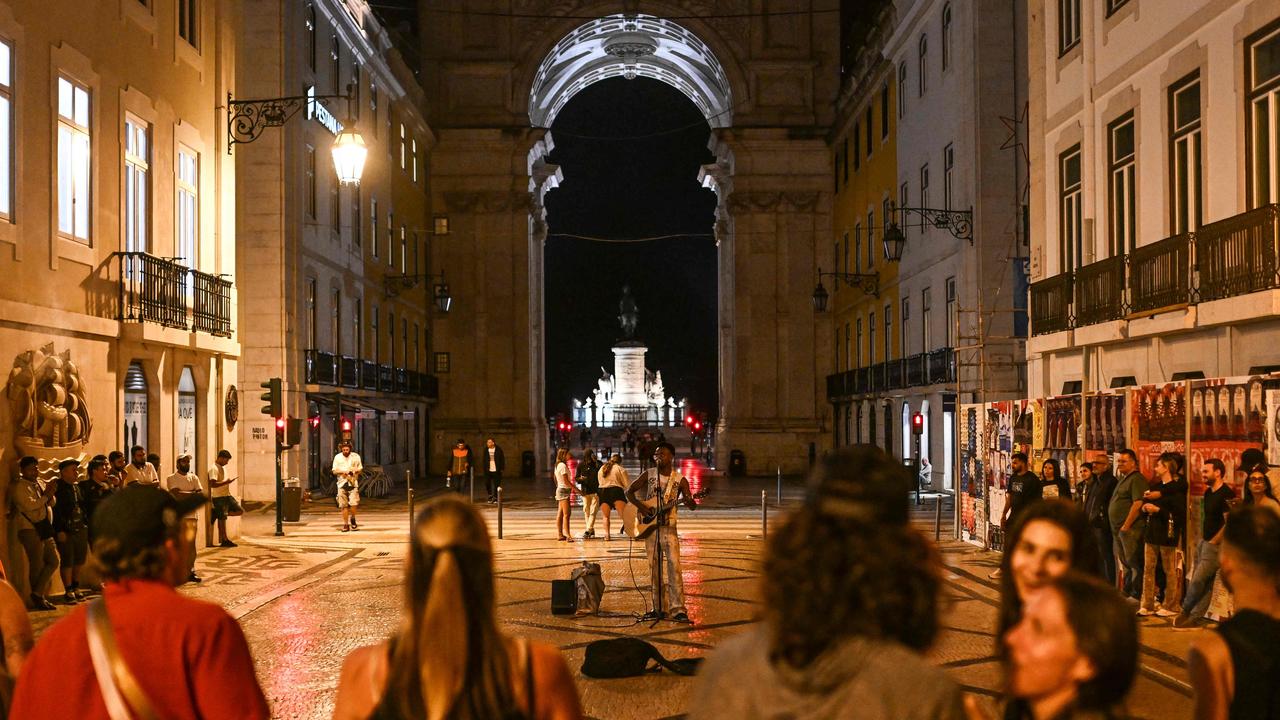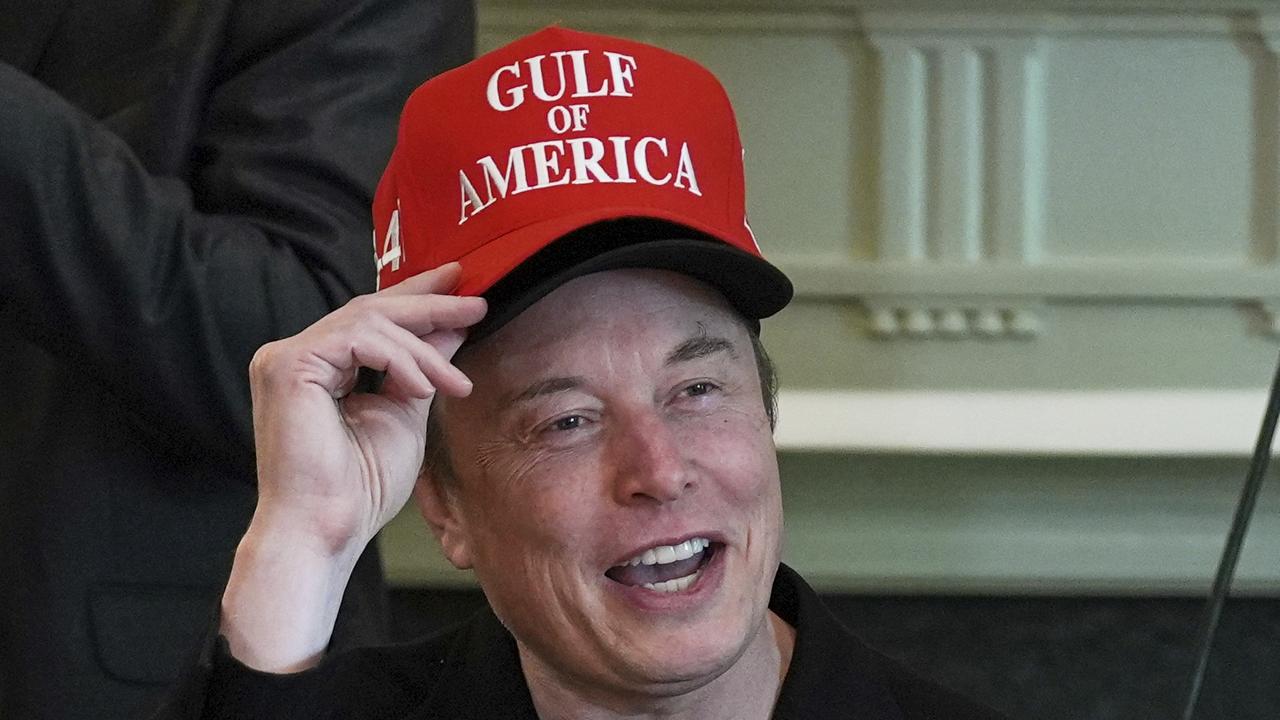We’re not for sale to China, furious Taipei tells Elon Musk
Billionaire compared Beijing’s claim that Taiwan was an ‘integral part’ of China to the status of Hawaii.

Elon Musk, already becoming a hate figure in Ukraine, has now found himself embroiled in a row with another American ally after appearing to back China’s claim to Taiwan.
Taiwan officials reacted furiously to his comments, in which he compared Beijing’s claim that Taiwan was an “integral part” of China to the status of Hawaii.
“Their policy has been to reunite Taiwan with China,” he told an audience at an event in Los Angeles. “From their standpoint, maybe it is analogous to Hawaii or something like that, like an integral part of China that is arbitrarily not part of China mostly because … the US Pacific Fleet has stopped any sort of reunification effort by force.”
Mr Musk already aroused controversy this month after he justified refusing to allow Ukraine to use his Starlink satellite internet system, once hailed as a godsend by soldiers there, for an attack in Crimea, for fear it would “start a major war”.
Joseph Wu, Taiwan’s Foreign Minister, sarcastically asked Mr Musk if he could ask China to open up the country to Twitter/X, which has been banned by the ruling Communist Party in favour of its own, highly censored, social media sites. “Perhaps he thinks banning it is a good policy, like turning off Starlink to thwart Ukraine’s counterstrike against Russia,” Mr Wu said. “Listen up, Taiwan is not part of the PRC and certainly not for sale!”
Mr Musk has enjoyed using the publicity surrounding his purchase of Twitter to promote his views on world affairs, often given off the cuff and without huge regard for consistency. He is at loggerheads with the Anti-Defamation League, the US-based organisation that fights anti-Semitism, saying he wanted to sue it for making “false accusations” against X users, damaging advertising revenue. He is scheduled to meet Israeli Prime Minister Benjamin Netanyahu, who is due to visit California, as a way of making peace with the Jewish community.
Mr Musk’s support for China would appear to conflict with his pro-free speech stance. He restored large numbers of X users previously taken off the platform for extremist or hate comments, including Donald Trump. But he has big investments in China, where his Tesla electric car company produces half its vehicles, and he is a regular visitor. He met Chinese Foreign Minister Qin Gang in June, shortly before Mr Qin disappeared from public view in what has been widely seen as a high-level purge.
A year ago Mr Musk told the Financial Times Taiwan should negotiate to become a “special administrative zone” of China, like Hong Kong, only “more lenient”. That position, which is essentially the Communist Party’s offer to Taiwan, is anathema to the island.
China’s position that it will eventually be reunited with Taiwan, by force if necessary, has been viewed as a distant threat in the past but, with Beijing’s huge military build-up in the Pacific, is now being taken seriously. This week it sent warships and jets to the seas around Taiwan, in what the Taiwanese Defence Ministry believes is preparation for war games to test China’s new aircraft carrier, Shandong. The ministry said that by Thursday morning (AEST), 10 warships and 68 warplanes had arrived in the island’s vicinity since the day before. It had previously noted at least another 20 warships.
China is offering carrots to Taiwan to come to terms with Beijing, before presidential elections on the island next year. This week it offered to bring two outlying small islands controlled by Taiwan but within a few kilometres of the mainland into a special “development” partnership with the nearest province, Fujian. On Thursday, Beijing said it could build a railway link across the Pacific to Taiwan.
The Times



To join the conversation, please log in. Don't have an account? Register
Join the conversation, you are commenting as Logout